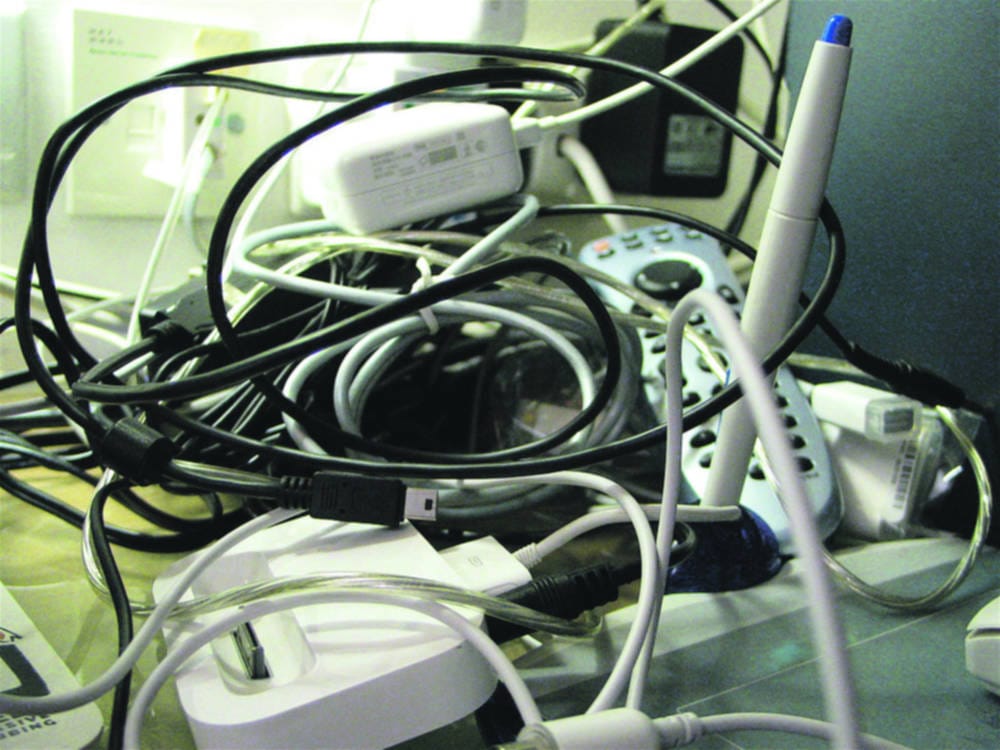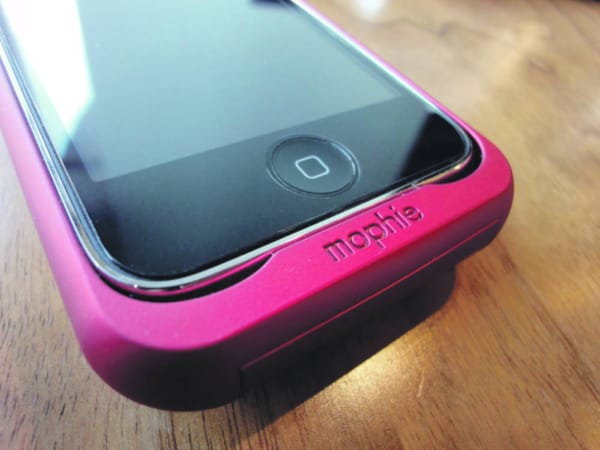EU ends charger nightmare
The universal charger is here.

Plans for a universal phone charger for all mobile handsets sold in the EU have gone ahead this week. Manufacturing has already begun by many of the 14 firms that have subscribed to the initiative, which will see a special charging port added to all devices manufactured from now on.
This will help with the environmental impact of having over 51,000 tonnes of waste chargers produced each year. The problem arises when consumers purchase new mobile phones and discard their old chargers. Over 30 million mobiles are sold in the UK each year leading to a huge amount of rubbish.
How often have we travelled somewhere and forgotten our charger and had to borrow one from a friend? Inevitably we can’t find the correct charger and have to traipse around asking whether someone at the office has the correct charger. There are over 30 different chargers on the market today which almost always results in waste and too many chargers in every household!
Did you know that since 1994 an estimated 10 billion mobile phones have been sold worldwide? As of July 2010 we know that 5 billion are in current circulation. This easy maths means that around 5 billion mobile phones are defunct and lying, buried amongst wires and disused currency in our drawers, in our garages and in our attics. With all these handsets inevitably comes the paraphernalia associated with them: packaging, boxes, instruction manuals and the obligatory chargers.
Unfortunately the most costly of these to the environment is the charger. All the electronics, manufacturing, transportation and electricity drain adds up to huge amounts when multiplied by 10 billion. That is why in March 2009 the EU drew up a voluntary contract for all mobile phone manufacturers within the 27 EU member states to subscribe to using a single charge device or the firms were to face mandatory EU legislation. Unsurprisingly they opted for the voluntary common standards option which left the details open to negotiation. The voluntary common standards were henceforth known as a Memorandum of Understanding and are confusingly referred to as the MoU.
The cross-company technology has been unveiled as the micro-USB (universal serial bus) connector that is already in use with some of the major handset manufacturers like Nokia, RIM (Blackberry) and Samsung. In total 14 firms have signed up for this voluntary contract including the giants of Apple, Motorola and SonyEricsson. This port traditionally allows data transfer as well as power charging capabilities for handsets. Thus they will be able to charge from wall sockets or computers.
Fortunately for Apple there is a loophole in the standardisation contracts that states that the devices don’t have to have a mini-USB port directly on the machine. They can instead be added by means of a converter. Apple make a large portion of their profits from selling licenses to third party companies to develop peripherals to their devices. They will be able to continue doing this and it’s likely they will ship a small converter with their iPhones within the coming months.
The next step, once these chargers have saturated the market, is to stop supplying the chargers with the mobile phones. This is likely to happen inside of two years, thus removing any further manufacture of unneeded chargers. It is hoped in the future that this will spread to other personal devices such as MP3 players, tablets, digital cameras and laptops but no move by the EU has thus far been made.








